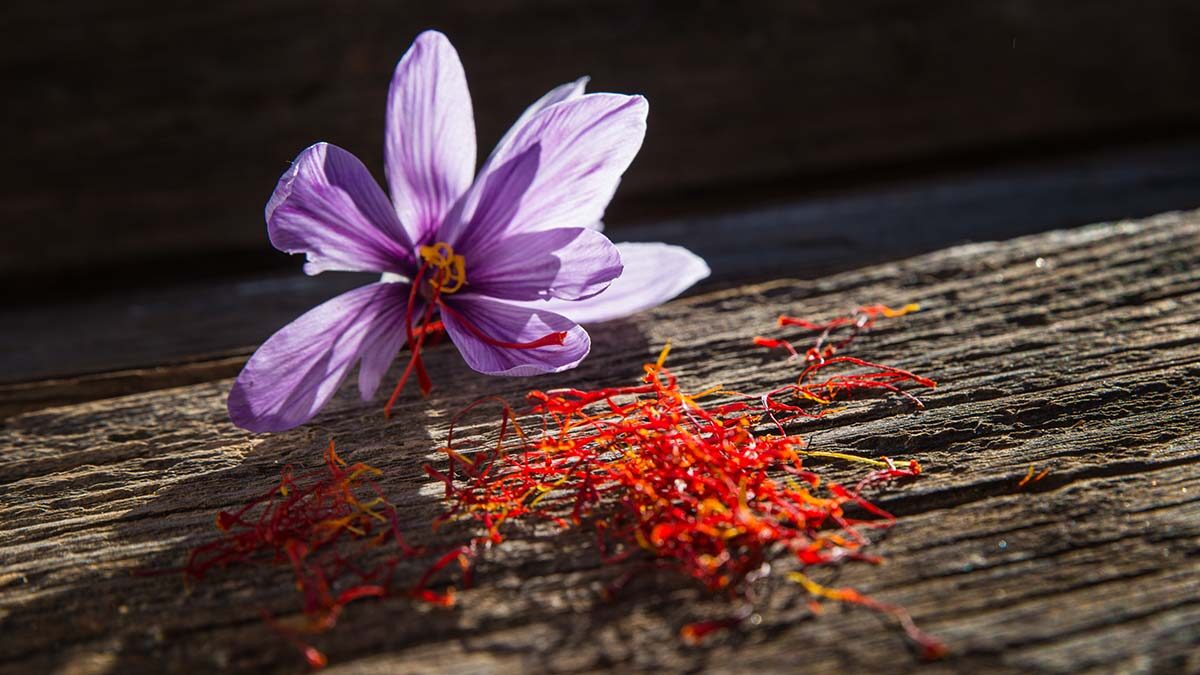Millions of Americans suffer from depression every year, a disabling disease that can end up fatal (due to suicide). In my last blog post, Treating PMS with Saffron, I noted remarkable benefits of the spice saffron on the emotional and physical symptoms of premenstrual syndrome. The researchers noticed a significant drop in symptoms of depression as well, and so decided to put saffron to the test. See my 2-min. video Saffron vs. Prozac for the head-to-head test of the simple spice versus the drug Prozac for the treatment of clinical depression.
Remember saffron from my videos Saffron for the Treatment of Alzheimer’s and Saffron Versus Aricept? See my blog Natural Alzheimer’s Treatment for some context and my post on other natural remedies: Amla: Indian Gooseberries vs. Cancer, Diabetes, and Cholesterol.
If one little flower can do that, what might a diet full of plants achieve? Studies have found less depression among vegetarians, but maybe people who are happier go on to eat healthier rather than the other way around. One can’t prove cause and effect unless you put that to the test too, which was done last year. Researchers found that by removing all meat, fish, poultry, and eggs from people’s diets they could significantly improve mood scores after just two weeks! It can take drugs like Prozac a month or more to take effect.
The way drugs like Prozac work is by elevating levels of serotonin, the so-called happiness hormone. Did you know there’s serotonin in plants? I certainly didn’t, but there’s serotonin, melatonin, dopamine, and all sorts of human neurotransmitters in plants. So much so that there’s been a call to start treating depression with “high-content sources of serotonin” such as pineapples, bananas, kiwis, plums, and tomatoes. And what are the side effects–maybe you’ll get a tomato seed stuck in your teeth or something?
For more, check out my videos on the wrong way to boost serotonin by taking potentially dangerous tryptophan supplements, better ways to boost serotonin to fight disorders like premenstrual depression, and perhaps the best way exemplified by findings from a double-blind, placebo-controlled study on the successful use of butternut squash seeds to treat social anxiety disorder.
–Michael Greger, M.D.
PS: If you haven’t yet, you can subscribe to my videos for free by clicking here and watch my full 2012 – 2015 presentations Uprooting the Leading Causes of Death, More than an Apple a Day, From Table to Able, and Food as Medicine.
